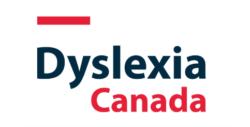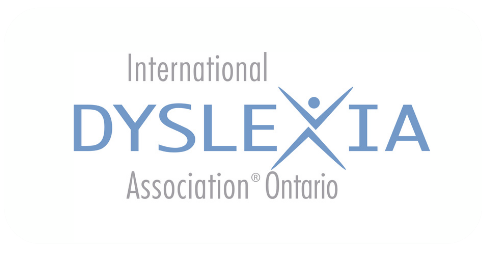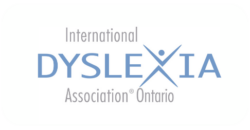Keen to build oral language in early childhood? These slide decks were created and generously shared by Melinda Hinch, a Speech-Language Pathologist in Greater Essex County DSB. Each deck follows a scope and sequence of syntax and grammar structures, and uses an explicit “I do […]
Oral language is the cornerstone of literacy, and this reader-friendly book provides a tool – the “Strive-For-Five” framework – to help educators extend conversations with students to help support speaking, vocabulary, reasoning and other skills. Chapters include “Creating Classroom Routines for Strive-for-Five Conversations”, “Choosing Books […]
This book is an excellent, reader-friendly resource for kindergarten teachers and Early Childhood Educators. While infant and toddler development takes place before the Ontario curriculum kicks in, the authors are American. Their recommendations for preschoolers generally align with the age of our Year 1 kindergarten […]
Talk moves are sentence starters that students use to join a class discussion – they encourage both academic thinking and social connectedness.
On this site, daily Intriguing Times pictures without captions are posted, offering an opportunity for rich discussion and conversation, building oral language skills.
Barrier games are fantastic resources to support a child’s speech and language skills. There are many benefits from using barrier games with a child such as developing: listening skills, oral language skills, social language skills, clear talking and understanding of concepts. They are great for […]
Mystery Bag is an engaging classroom activity designed to enhance students’ oral language skills. Students generate clues about a mystery object, and their classmates use question sticks to prompt and structure discussion.
This visible thinking routine developed by Harvard Project Zero uses observations, inferences, and questions to develop vocabulary and background knowledge, and foster conversations among students.
This title is a must-read for any educators working with multilingual learners (MLLs) of all ages, referred to in the book as English Learners (ELs). It affirms the necessity of a structured literacy approach for these students, while adding in the extra layers of support […]
This webinar highlights thie importance of respecting linguistic variation, and integrating it into language and literacy instruction of Black children. It explores the relationship between Black children’s language and the development of a healthy identity.
This resource has been compiled by a group of Canadian language and literacy experts. It is organized into three primary segments. First, it highlights the essential information educators should possess about various research types, enabling them to stay well-informed and knowledgeable about the connection between […]
In this episode, host Kate Winn welcomes Dr. Sonia Cabell for a candid discussion about five key research-based elements of early language and literacy instruction for young children.




